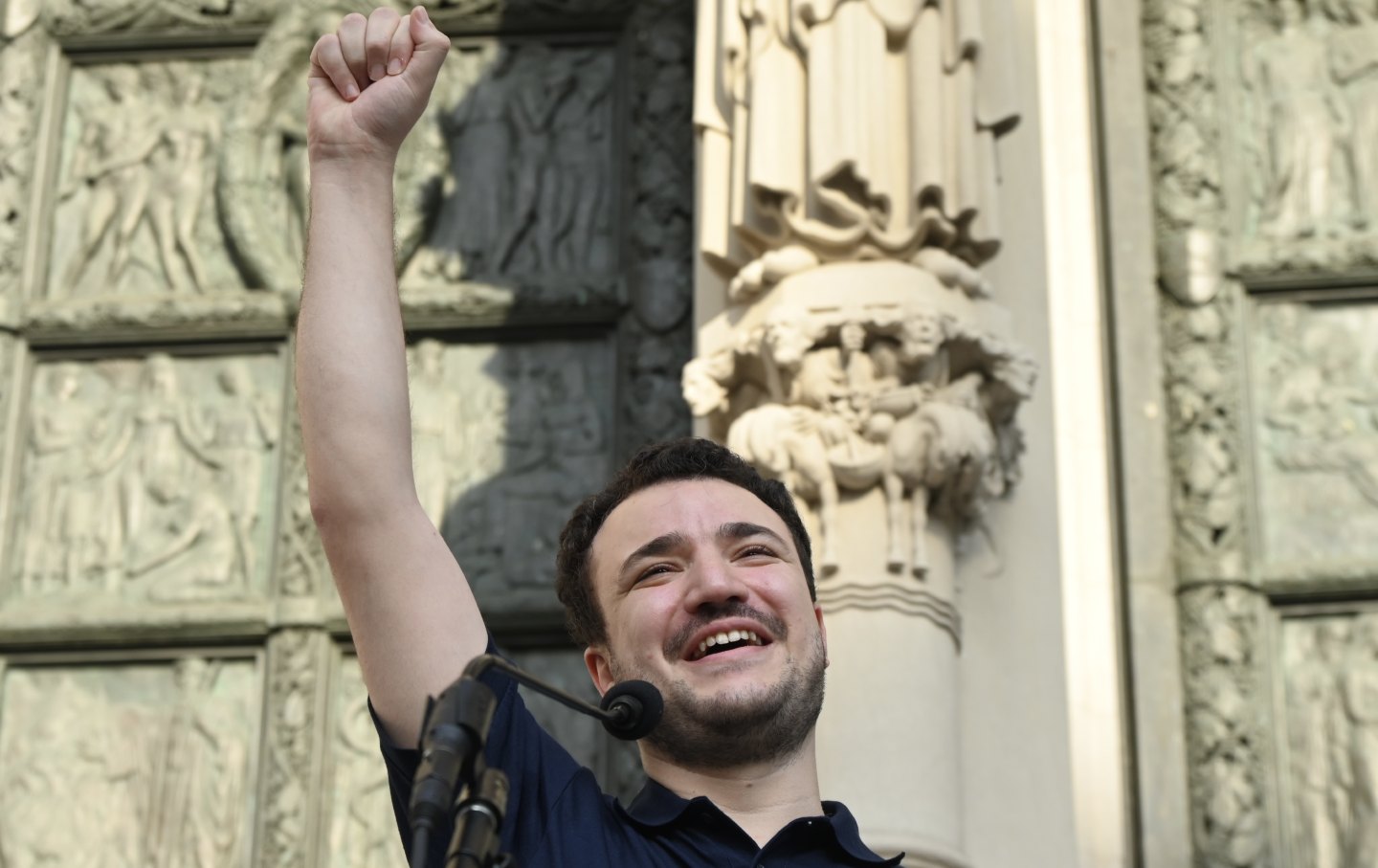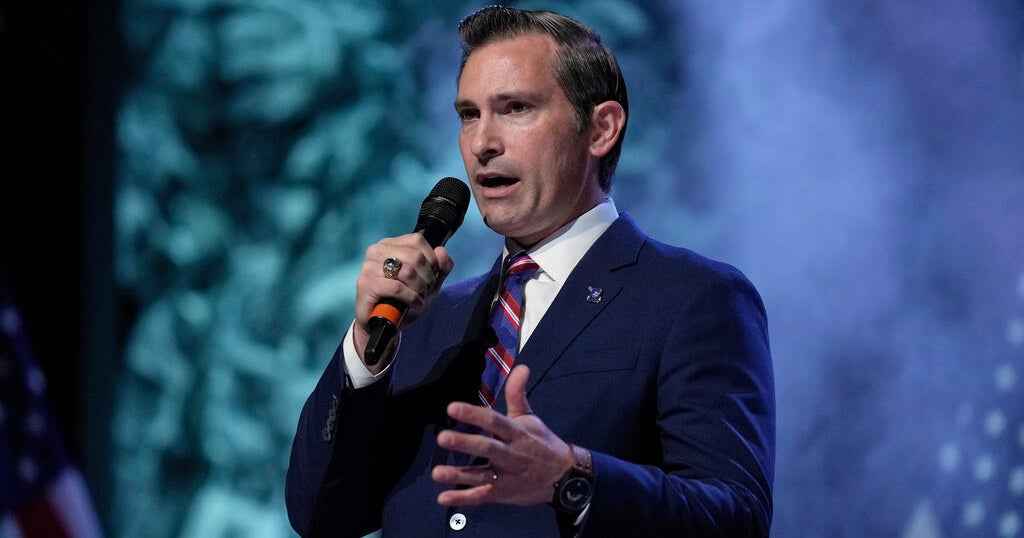
Perhaps you’ve heard of the “Palestine Exception,” the insidious notion that a range of speech and behaviors deemed acceptable in other contexts become taboo and punishable when discussing the plight of Palestinians. This is not merely an exception; it is a vital stress test for our national conscience—a test of our tolerance for cruelty and the consolidation of authoritarian rule. Authoritarian regimes thrive by identifying an enemy, declaring a state of emergency, and leveraging extraordinary powers to obliterate credible opposition, suppress dissent, and distort the very fabric of truth.
Mahmoud Khalil’s harrowing experience starkly illustrates this grim reality. As a negotiator for pro-Palestine student protests at Columbia University in 2024, he was arrested without warrant by unidentified agents in March, marking one of the first significant abductions under the new Trump administration. Khalil, a legal permanent resident with no history of violence or criminality, was forcibly separated from his pregnant wife and transported 1,500 miles to a Louisiana detention camp, deprived of legal representation and any semblance of due process.
The Trump administration’s crusade against Khalil was not motivated by his actions but rather by his beliefs and associations—deemed threatening to what Secretary of State Marco Rubio characterized as a “compelling US foreign policy interest.” This chilling assessment culminated in Khalil missing the birth of his son, Deen. A New Jersey federal judge ultimately rejected the administration’s case, ordering Khalil’s release after 100 days of unjust detention. Yet, this September, the administration renewed its assault, alleging errors in his green-card application and threatening deportation to Algeria or Syria, where his life would be perilously in jeopardy. With a looming deadline to appeal, Khalil is concurrently suing the Trump administration for $20 million in damages, asserting claims of false imprisonment and malicious prosecution while vowing to persist in advocating for Palestinian rights.
Khalil’s connection to the movement stems from his identity as a Palestinian and his unwavering commitment to justice and dignity. As he recounted during a conversation, his journey began long before his time at Columbia, as he worked alongside Syrian refugees and Palestinian advocates across the Middle East. His activism was born not just from his heritage but from a deep-seated desire for justice—a quest that led him to Columbia, where he found himself at the forefront of a struggle for liberation.
His abduction on International Women’s Day in March 2024 serves as a stark reminder of the lengths to which the state will go to silence dissent. Following his involvement in pro-Palestine advocacy, Khalil faced a barrage of online smear campaigns—part of a larger, coordinated effort to intimidate activists. Yet, these threats escalated to institutional levels post-Trump’s ascendance to power, as anti-Palestinian sentiment became enshrined in policies that weaponized federal resources against peaceful advocacy.
Khalil’s expectation of safety upon coming to the United States was shattered in a brutal fashion. On that fateful night, he was pursued by plain-clothed agents who demanded his compliance without any legal justification. His confidence in his rights was met with threats against his wife and an utter disregard for legal protocol. Shackled and transported like a common criminal, Khalil’s experience was a stark reminder of the extrajudicial practices that have become alarmingly normalized.
The administration’s attempts to portray Khalil as a national security threat were not only absurd but a blatant assault on his First Amendment rights. A federal judge’s ruling that affirmed the unconstitutionality of Rubio’s letter was a momentary victory, yet the government’s relentless pursuit of Khalil illustrates a disturbing trend where dissenting voices are systematically targeted. The government’s subsequent fabrication of allegations regarding his green-card application further underscores the lengths to which they will resort in their authoritarian playbook.
Khalil astutely recognizes that the current climate is not merely a precursor to authoritarianism; it is authoritarianism in action. His lived experience under the Assad regime in Syria provides him with a unique lens to analyze the encroaching threats to civil liberties in the US. The tactics employed by the government to silence him and others echo the very suppression he fled from, and the implications are dire.
As the Trump administration weaponizes the specter of antisemitism to justify their actions, it becomes increasingly clear that this is a calculated strategy aimed at dividing and conquering the opposition. The targeting of pro-Palestinian advocacy is but a single thread in a broader pattern of oppression that threatens the rights of all marginalized communities. The administration’s rhetoric, aimed at combating antisemitism, serves as a smokescreen for a more insidious agenda—to undermine diversity, equity, and inclusion initiatives and sanitize the legacy of systemic oppression in America.
Khalil’s fight is not just his own; it is emblematic of a larger struggle for justice and accountability. He emphasizes the importance of unity based on rights and mutual liberation. He calls upon those who remain complacent, assuming they are immune to such persecution, to recognize that the encroachment on rights is an affront to us all.
As Khalil prepares to take legal action against the administration, he refuses to be silenced. He understands that his silence would only embolden the state’s authoritarian tendencies. The moral imperative to speak out against injustice supersedes any personal risk he faces. His advocacy is not merely for his freedom; it is a clarion call for justice for all marginalized groups who face similar threats.
In this pivotal moment, we must rally around voices like Khalil’s, amplifying their messages and standing in solidarity against authoritarianism. The fight for Palestinian rights is intrinsically connected to the fight for justice everywhere. Our collective liberation hinges on our willingness to challenge the status quo, hold those in power accountable, and demand the dignity and rights that every human being deserves. The time to act is now.
This article highlights the importance of of American Values.


